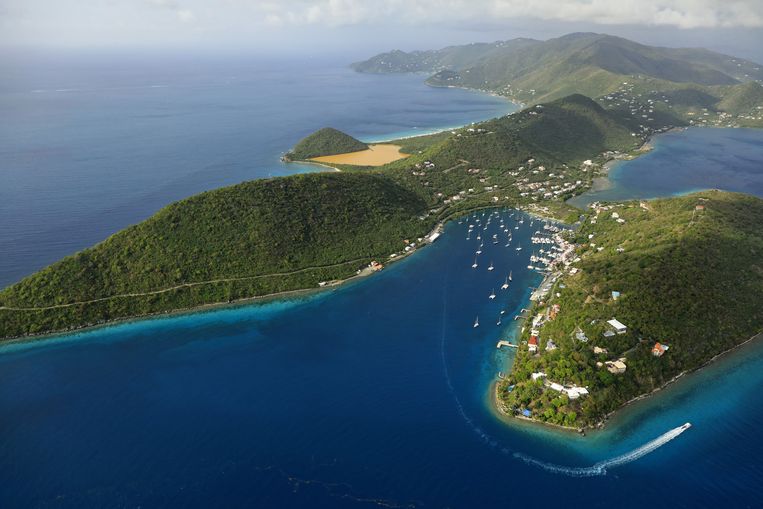
EU blacklist of tax havens is a ‘pointless exercise’
Oxfam Novib said this in response to the new EU list published on Tuesday. The new version adds Antigua, Barbuda, Belize and Seychelles. As a result, there are sixteen “jurisdictions” designated as tax havens by the European Union. Costa Rica, the Marshall Islands and the British Virgin Islands were removed from the list.
It is striking that the last country is no longer mentioned. In a survey conducted by Tax Justice before the summer, the archipelago was still at the top of the index of corporate tax havens. But because the country has committed to following OECD rules against tax evasion from now on, it is no longer blacklisted.
Oxfam Novib has long believed that the criteria for the EU list should be changed because they are now “toothless”. This is partly because countries such as the US, UK and European tax havens such as Malta and Luxembourg are not taken into account. “This is a slap in the face to citizens who are already struggling to make ends meet, while ultra-wealthy, profit-driven multinationals are given a free hand to avoid their tax liabilities,” says tax expert Bram Joanknecht of Oxfam Novib.
Political reasons
The NGO suspects that the United States and the United Kingdom were not mentioned for political reasons. “Of course it would not be good for the European Union to put a large and powerful country like the United States on the list of tax havens,” says Joanknecht. But the downside is that now it looks like it’s just a few small islands. While poorer countries are most affected by tax evasion.
EU member states are excluded from the blacklist. This is while not only Malta and Luxembourg, but also the Netherlands should be blacklisted according to Oxfam Novib. “Although the Netherlands has taken steps in recent years, according to tax justice research, the Netherlands remains a major player in global tax evasion as a channel state,” says Joanknecht.
According to the NGO’s research, other countries lose $51 billion in revenue through the Netherlands, nearly a fifth of total tax losses. Moreover, according to Oxfam Novib, countries that impose zero percent corporate taxes – thus excluding large companies – would also have to be on the EU blacklist to make sense.
According to the Ministry of Finance, the EU list is actually useful because it can encourage countries to comply with international standards. Moreover, the Netherlands has already taken several steps and is receiving recognition for this from Brussels and the International Monetary Fund, the ministry said.

“Travel enthusiast. Alcohol lover. Friendly entrepreneur. Coffeeaholic. Award-winning writer.”
